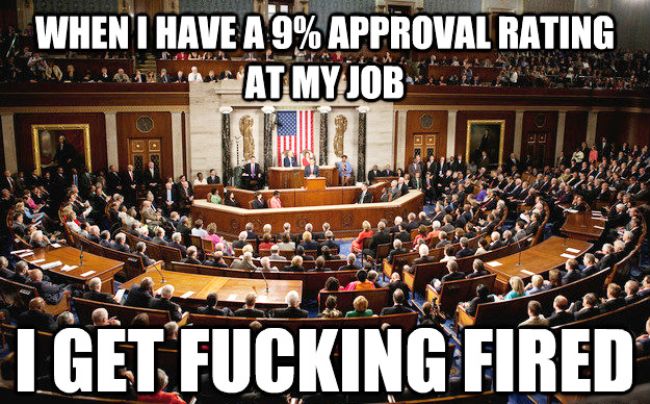The Beautiful Banality Of Tunisian Politics
The Article: The Beauty of Tunisia’s New Political Banality by Hussein Ibish in Now Lebanon.
The Text: I’ve been appearing on television talk shows for more than 12 years and I’ve never found them to be an emotional experience, until last Sunday, that is.
During a routine program on Al-Hurra reviewing recent events in Tunisia, I was suddenly overwhelmed by an astonishing realization: For the first time in my life, I was having a conversation about politics in an Arab state that was entirely normal, modern and healthy.
For the first half-hour or so, I found myself in the middle of an argument with Al-Nahda MP Abd al-Lateeh al-Makki and another representative of his party on one side, and Democratic National Movement MP Tawfic Ayashi on the other. Naturally, they were quarreling about the new 26-clause temporary constitution passed by the Constitutional Assembly that now serves as the parliament.











